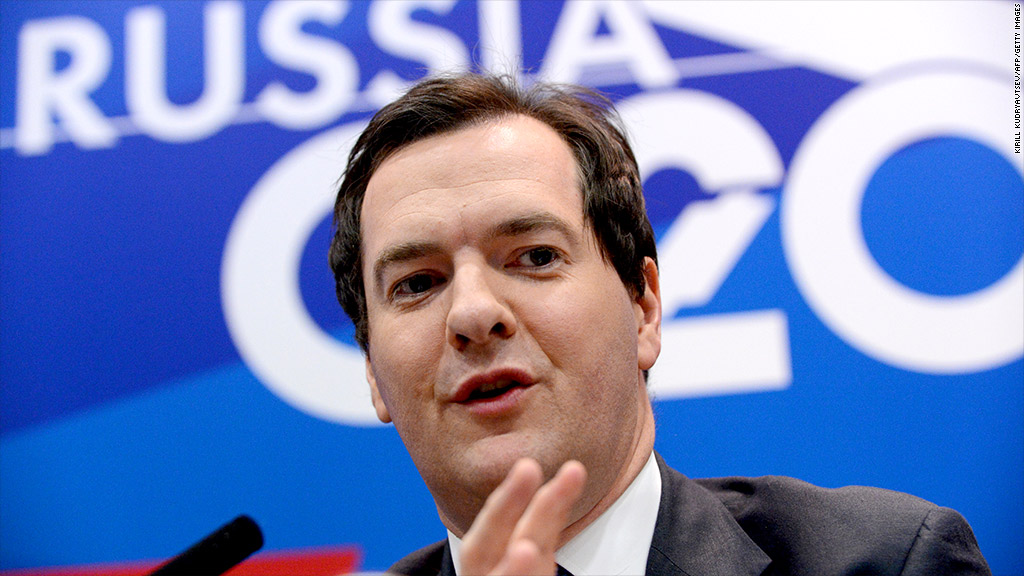
For the first time in decades, the world's biggest powers look ready to close loopholes that big companies exploit to pay little or no tax.
The Group of 20 leading developed and emerging economies gave its support Friday to an action plan drafted by the Organization for Economic Co-operation and Development that will be translated into specific measures over the next two years.
"International tax rules, many of them dating from the 1920s, ensure that businesses don't pay taxes in two countries -- double taxation," OECD Secretary General Angel Gurria said in a statement. "This is laudable, but unfortunately these rules are now being abused to permit double non-taxation."
Revelations that multinationals such as Apple (AAPL), Google (GOOG) and Amazon (AMZN) have been paying very little, if any, tax in countries where they have substantial businesses has led to a storm of protest.
A U.K. parliamentary committee called last month for a full investigation into Google's tax affairs, following a scathing report that also criticized Amazon and Starbucks (SBUX). Apple has been grilled by lawmakers in Washington.
Related: Starbucks starts paying U.K. tax
Governments have pushed the issue up the global agenda as they struggle with falling revenue in the wake of the financial crisis, and find it ever harder to introduce more spending cuts and tax increases that weigh heavily on local firms and households.
Last month, G-8 leaders pledged to take action, a commitment that was strengthened Friday by the adoption of the OECD plan by G-20 finance ministers meeting in Moscow. It will be discussed by G-20 leaders in September.
Big companies say they operate within the law as it stands, and argue that current rules work in the vast majority of cases. But some organizations representing smaller firms have welcomed the bid to create new global standards.
Related: The myth of Corporate America's offshore cash
"The government should act with international partners to tackle the issue of cross-border corporate tax avoidance," said Steve Radley, director of policy at the EEF, which represents U.K. manufacturers. "EEF welcomes today's report and urges the U.K. and the G-20 generally to respond positively to its central recommendations."
The 15-point action plan will tackle the practice of shifting profits across borders to take advantage of lower taxes. Tax systems haven't kept pace with how companies work in the digital economy and are failing to reflect how profits are made on intangible assets or data.
The OECD said it was aiming to close loopholes that allow companies to "disappear" income for tax purposes by using multiple deductions for the same expense. It will also come up with rules to make it harder for companies to hide profits in offshore subsidiaries.


